Widely regarded as one of the most influential artists of the twentieth century, Joseph Beuys (1921–86) was a sculptor, draughtsman, action and installation artist, as well as a teacher, politician and activist. After serving as a soldier in World War II, experiences that would strongly shape his practice, he studied sculpture at the Kunstakademie Düsseldorf, where he was made professor in 1961. From the early 1960s Beuys dissolved the difference between his biography and art, and increasingly employed his persona and charisma in what he deemed art’s ultimate purpose: to radically democratize society. He called for the adoption of his universalist conception of art as a creative, transformative force within politics, science, philosophy and economics. Now as then Beuys exerts a palpable influence upon artistic and political discourse.
- published by Steidl
-
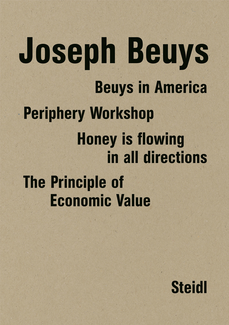
Four Books in a Box
€ 150.00 -
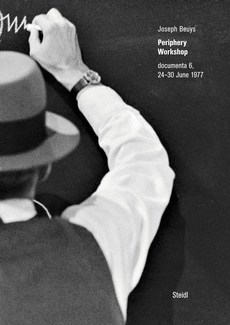
Periphery Workshop. documenta 6, 24–30 June 1977
€ 38.00 -
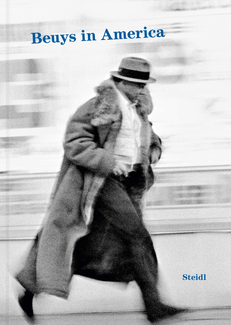
Beuys in America (2022)
€ 45.00 -
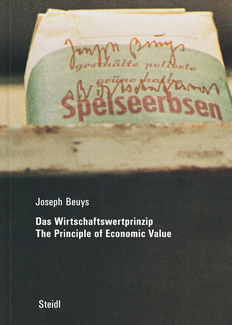
Das Wirtschaftswertprinzip (2022)
€ 38.00 -
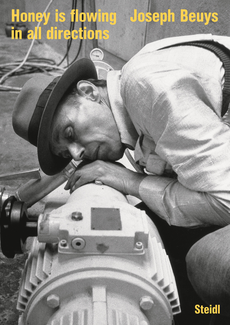
Honey is flowing in all directions (2022)
€ 38.00 -
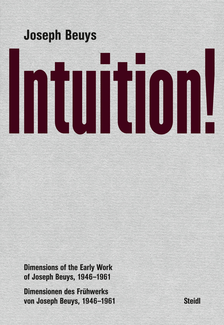
Intuition! Dimensions of the Early Work of Joseph Beuys, 1946–1961
€ 58.00 -

Beuys Laughing
€ 30.00 -
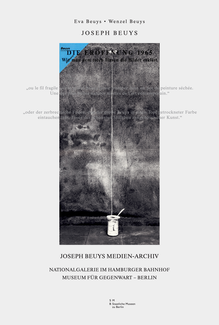
Die Eröffnung 1965... irgend ein Strang... Wie man dem toten Hasen die Bilder erklärt
Out of print -
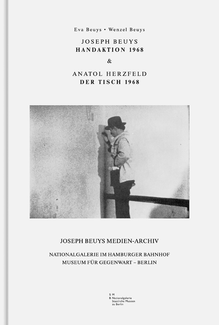
Handaktion
€ 30.00 -
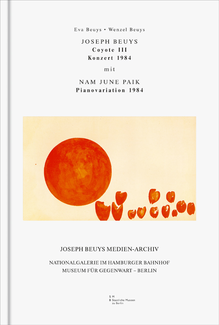
Coyote III, 1984
€ 38.00 -
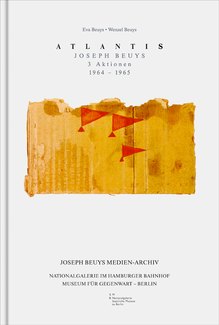
Atlantis
€ 38.00 -
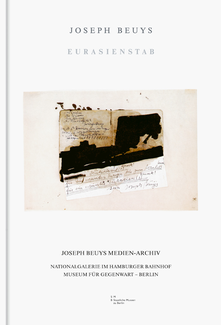
Eurasienstab
Out of print -
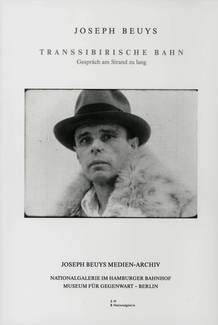
Transsibirische Bahn
€ 30.00 -
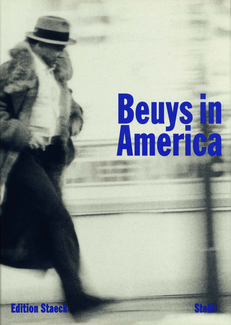
Beuys in America
Out of print -
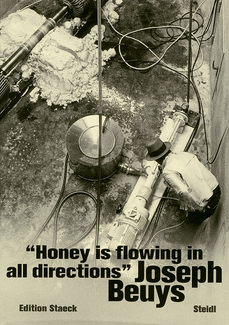
Honey is flowing in all directions
Out of print -
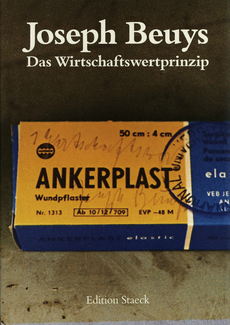
Das Wirtschaftswertprinzip
Out of print -
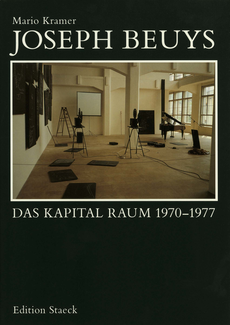
Das Kapital
Out of print